Ask Our Experts 10/21/2018


Q: I know that Thailand is legalizing medical cannabis, but other Southeast Asian countries do not seem to be in a rush to do so. What will it take for other Asian countries to get onboard with cannabis reform?
Most Asian countries are far from full cannabis legalization, however, what used to be considered fringe movements for cannabis reform are gaining more attention. Southeast Asian countries, in particular, tend to be more conservative in their views on cannabis in comparison to Europe and Latin America, but attitudes are changing—often driven by public outrage over harsh punishments handed down to relatable citizens who are using cannabis to help seriously ill family or community members.
Thailand, for example, is on track to become the first country in Asia to legalize medical cannabis. Last year, Thai officials announced intentions to regulate CBD for medical use, with laws to go into effect by April 2019. CBD will only be available with a prescription from a doctor and must be derived from hemp with less than 1% THC content. The plant cannot be cultivated by patients, but only through government agencies or companies in partnership with the Thai government, and only in approved provinces.
Beyond allowing for medical CBD, reform is intended to position Thailand as a global supplier of CBD oil. The Thai Government Pharmaceutical Organization is currently piloting a program to extract CBD from hemp, with the intention to cultivate and mass-produce the cannabinoid for export next year. Other Southeast Asian nations are watching Thailand and may follow suit if CBD production proves to be an economic boon.
Elsewhere in the region, governments are making minor concessions to increasing public calls for cannabis policy reform. It appears that South Korea will allow the importation of cannabis-related pharmaceuticals to stem the illicit market’s trade in CBD, and quell calls for broader medical legalization. In July, the Ministry of Health announced its intent to allow Koreans to use cannabis-derived pharmaceuticals (e.g., Epidiolex, Sativex, Marinol, and Cesamet). In the United States, Epidiolex has been approved by the FDA, and Sativex has received widespread approval from drug-regulating bodies across Europe and Latin America for the treatment of spasticity from multiple sclerosis (MS).
The announcement may be an attempt to stifle support for a broader medical cannabis legalization bill introduced to the National Assembly in January, after a few high-profile stories of parents arrested for illegally importing CBD oil to treat their children with serious diseases stirred sympathy from the public: The story of a mother risking her freedom to obtain CBD oil for her 4-year-old son with brain cancer was specifically cited. A decision by the Ministry of Health to distribute cannabis-derived pharmaceuticals from abroad to qualified patients allows the government to avoid the issues of domestic cultivation and the manufacturing of cannabis products which would expectedly accompany broader cannabis legalization.
Malaysia is another country making significant policy changes toward medical cannabis reform while stopping short of legalization. Last month, public outrage flared after 29-year-old father Muhammad Lukman was sentenced to death for providing cannabis to terminally ill patients. Malaysia’s newly seated prime minister, Mahathir Mohamad, responded to calls for medical cannabis legalization by calling for a review of Lukman’s case.
The administration subsequently announced the elimination of the death penalty entirely—a remarkable development, considering that until 2017, execution was mandatory for anyone convicted of possessing over 200g of cannabis. The decision to eliminate the death penalty has been interpreted by some as a concession aimed at diverting calls for cannabis legalization.
While Korea and Malaysia’s policy changes are not market-opening for legal cannabis, they serve as an indication of how international attitudes are changing.
Disclaimer: Nothing contained herein is intended to constitute security or investment advice. New Frontier Data is not a liable party, nor is the company a licensed financial advisor.


